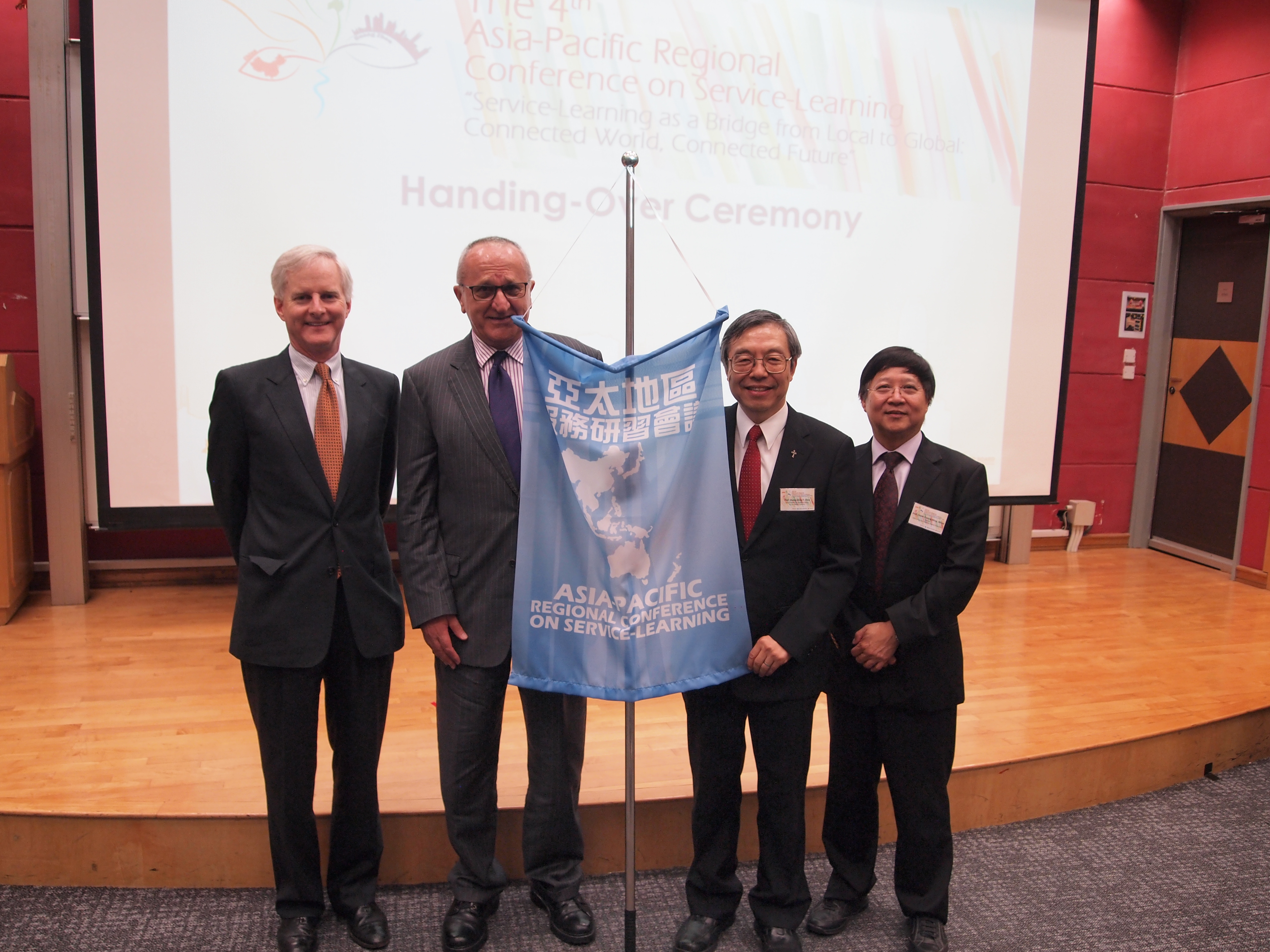Location
MD215, Paul Cardinal Shen Medical Building, Fu Jen University
Start Date
29-5-2015 4:20 PM
End Date
29-5-2015 5:30 PM
Description
This paper discusses an action research as an approach to improving service-learning programs in a residential college (RC) of a university in Macau, China. The new RC system is aiming at integrating students' in-class and out-of-class experiences. Service-learning tends to become an important part of the RC programming so as to foster students' generic skills and civic engagement. However, partly due to the young development of the university's service-learning programs, and the inadequate relevant experience of the RC teachers, the author reflects on the trajectory of programs she has designed and (co-)organized, and analyzes the major areas of concern. This paper concludes with key reflection generated from the second research cycle to suggest how future programs may be more effectively executed.
Recommended Citation
Wan, S. W.-S. (2015, May). Cycle 3.0? Action research & critical reflection on service-learning programs of a residential college in Macau. Paper presented at the 5th Asia-Pacific Regional Conference on Service-Learning: Love Journey: Community Engagement through Service-Learning, Fu Jen Catholic University, Taiwan.
Included in
Cycle 3.0? Action research & critical reflection on service-learning programs of a residential college in Macau
MD215, Paul Cardinal Shen Medical Building, Fu Jen University
This paper discusses an action research as an approach to improving service-learning programs in a residential college (RC) of a university in Macau, China. The new RC system is aiming at integrating students' in-class and out-of-class experiences. Service-learning tends to become an important part of the RC programming so as to foster students' generic skills and civic engagement. However, partly due to the young development of the university's service-learning programs, and the inadequate relevant experience of the RC teachers, the author reflects on the trajectory of programs she has designed and (co-)organized, and analyzes the major areas of concern. This paper concludes with key reflection generated from the second research cycle to suggest how future programs may be more effectively executed.
